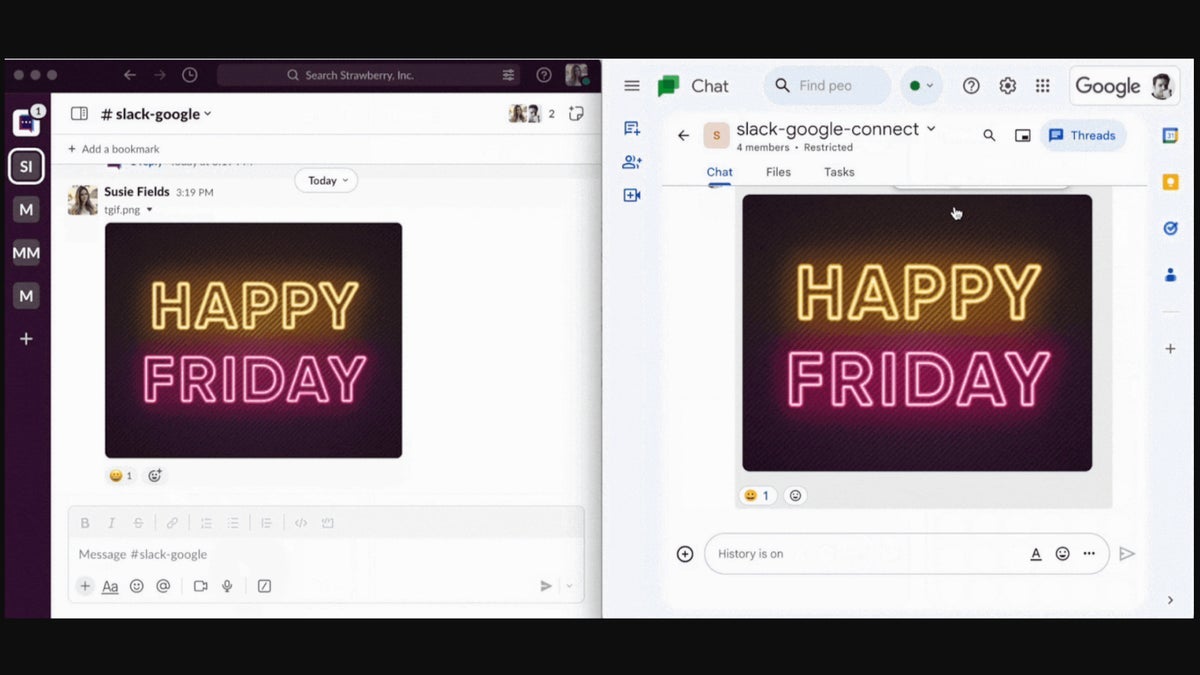Senator Wyden proposes Teams and Slack to work together (and encrypted)

The Secure and Interoperable Government Collaboration Technology Act will enhance national security, improve government efficiency, and save taxpayer dollars by requiring the government to purchase collaboration technology that is interoperable, end-to-end encrypted, and built on open standards. Collaboration technology includes tools for text-based messaging, voice and video calling, and live document editing like Microsoft Teams, Slack, and Google Docs.
In other words, Senator Wyden wants to see the popular platforms in an "interoperability" mode.
Interoperability stands for "the ability to work together with other systems or pieces of equipment", as put by the Cambridge Dictionary. Applied to the mobile tech world, that means it enables cross-platform communication and data exchange between two different apps.
More about the bill
As reported by The Verge, the newly-introduced idea is aimed at improving how the federal government uses technology for meetings and messages. Senator Wyden's proposal suggests that all communication tools the government uses, like video calls and messaging apps (from different companies), should work together seamlessly.
Apart from allowing users to interconnect between apps easily, under the Act these tools would have to meet strict security measures, including end-to-end encryption, to keep conversations private and safe from unwanted spying.
To make this happen, the proposal instructs the General Services Administration (GSA) to list important features needed for government work, like video calls, messaging, sharing files, scheduling, and editing documents together in real time.
The National Institute of Standards and Technology (NIST) would then set up rules to ensure these tools can work together, focusing on strong encryption to protect the data and making sure these systems keep proper records as required by law.
Companies making these tech tools would have four years to update their products to meet these new standards if they want to keep selling to the government.
This effort comes after concerns about the risks of relying too heavily on single tech vendors, highlighted by a security mishap involving Microsoft that could have been prevented. Senator Wyden argues that it's time to reduce the reliance on big tech firms by encouraging competition and setting higher security standards.
This move is supported by various groups advocating for digital rights and secure communication technologies.
Follow us on Google News












Things that are NOT allowed:
To help keep our community safe and free from spam, we apply temporary limits to newly created accounts: